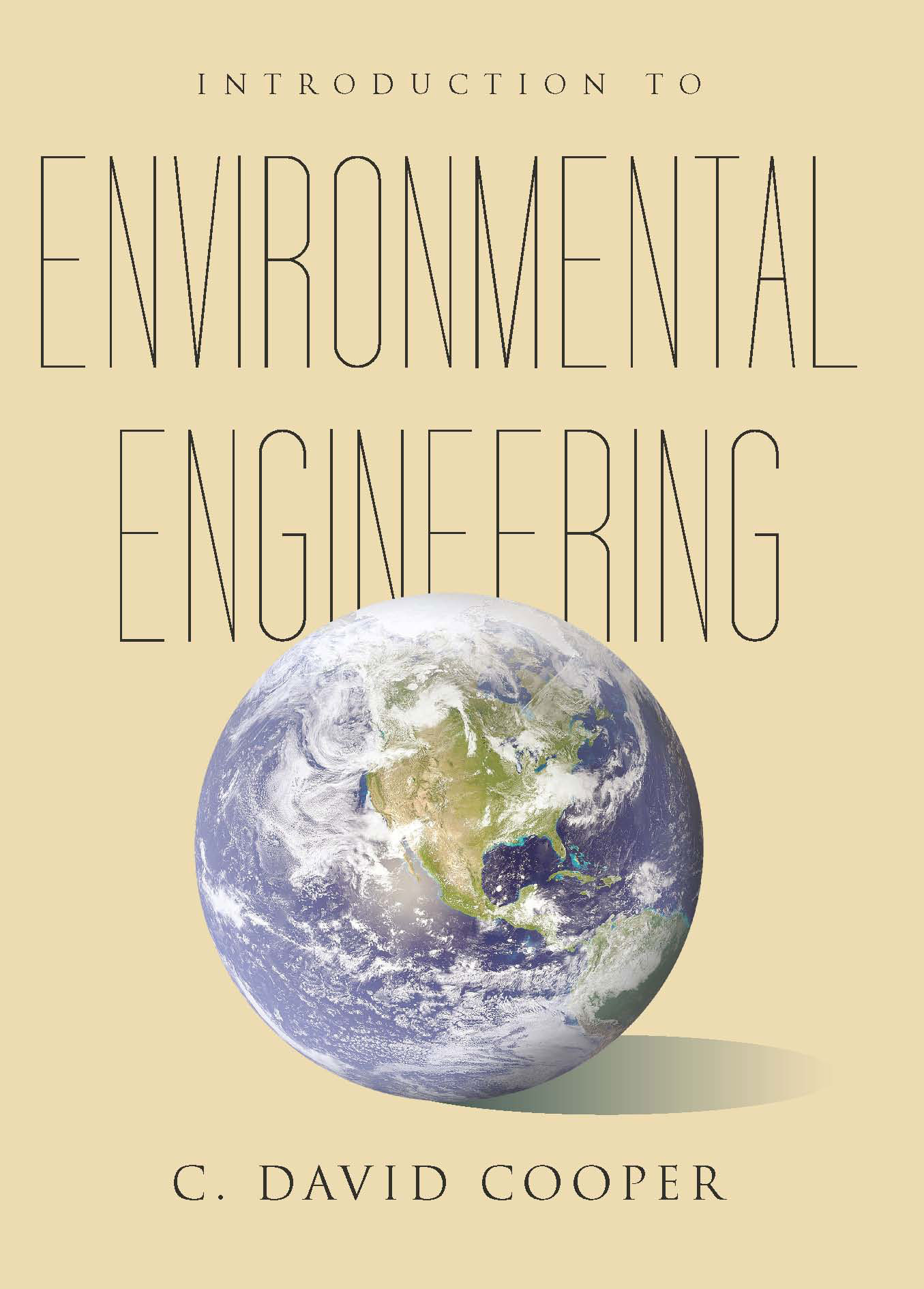1. What Is Environmental Engineering?
Introduction / Thinking like an Engineer / Growth of Human Civilization and Its Environmental Impacts / The Rise of Environmental Protection / The History of the Future
2. Chemistry Is Important to Our Business
Introduction / Solutions / Stoichiometry of Chemical Reactions / Water Chemistry / Chemical Reaction Kinetics
3. A Process Engineering Approach to Solving Problems
What Is Process Engineering? / Flow of Materials—Mass Balances / Flow of Energy—Energy Balances / Combined Material and Energy Balances / Numerical Methods
4. Water Resources
Water Quantity / Surface Water Quality / Microbiological Decomposition of Organic Materials in Water / BOD Kinetics
5. Potable Water Treatment
Source Water Characteristics / Drinking Water Standards / Treatment Processes to Produce Potable Water / Unit Operations of Water Treatment
6. Wastewater Treatment
Introduction / Characterization of Wastewaters / Standards for Wastewater Treatment / Unit Operations/Processes of Domestic Wastewater Treatment / Material Balance Approach / WWTP Biological Kinetics / Septic Tanks / WWTP Sludge Treatment and Disposal
7. Air Resources
Management of Air Resources / The Major Air Pollutants / Global Issues / Legislative and Regulatory Standards / Air Pollution Control: Stationary Sources / Air Pollution Control: Mobile Sources / Meteorology and Atmospheric Dispersion of Pollutants
8. Solid and Hazardous Waste Management
Municipal Solid Wastes / Landfill Disposal of MSW / Thermal Destruction of Waste / Hazardous Wastes / Site Remediation (Soil and Groundwater Cleanup)
9. Other Important Topics
Risk Assessment / Energy Resources (with Emphasis on Nuclear Power and Radioactive Wastes) / Indoor Air Quality / Noise Pollution

405 pages, $97.95 list
1-4786-1142-1
978-1-4786-1142-4
© 2015
hardcover
Solutions Manual available
eBook availability
Introduction to Environmental Engineering
Dr. Cooper’s 35 years of university experience and his award-winning teaching style are evident in this highly readable, authoritative introduction to environmental engineering. Appropriate for all branches of engineering, this text presents fundamental knowledge in a logical, up-to-date manner, incorporating abundant examples with step-by-step solutions to illustrate key concepts. Central to Cooper’s treatment is the use of material and energy balances to solve specific environmental engineering problems and to instill a problem-solving mind-set that will benefit readers throughout their careers.
Introduction to Environmental Engineering offers an overview of the profession and reviews the math and science essential to environmental engineering practice. The comprehensive coverage includes water resources, drinking water treatment, wastewater treatment, air pollution control, solid and hazardous wastes, energy resources, risk assessment, indoor air quality, and noise pollution. Featuring more than 80 graphics, real-world examples, and extensive end-of-chapter problems (with selected answers), this volume is an outstanding choice for a first course in environmental engineering.
Introduction to Environmental Engineering offers an overview of the profession and reviews the math and science essential to environmental engineering practice. The comprehensive coverage includes water resources, drinking water treatment, wastewater treatment, air pollution control, solid and hazardous wastes, energy resources, risk assessment, indoor air quality, and noise pollution. Featuring more than 80 graphics, real-world examples, and extensive end-of-chapter problems (with selected answers), this volume is an outstanding choice for a first course in environmental engineering.